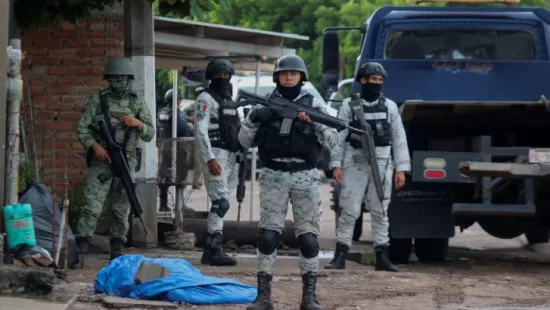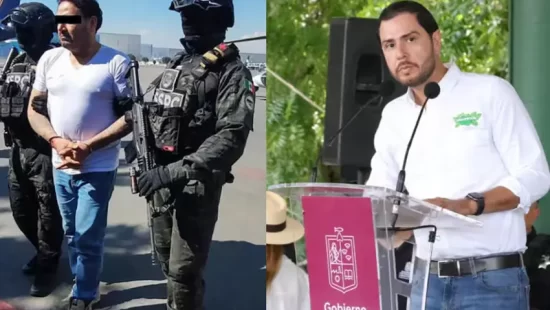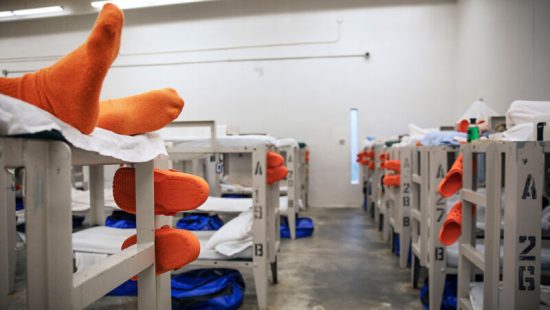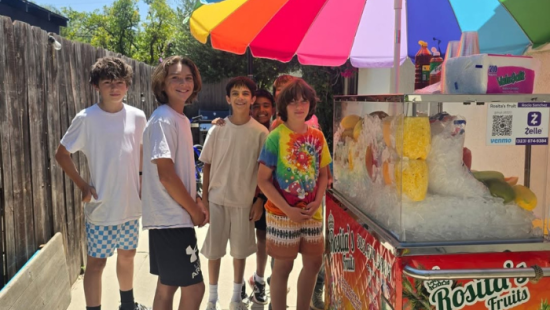A few months ago, renowned chef Juan San Juan spoke to me excitedly about the opening of his latest project.
“I want 1111 to be a safe place, where the community can come, eat, and have fun without any worries. I’ll welcome street vendors; they’ll have their space, so they don’t have to walk unsafely on the streets,” he told me at the time.
Now, that dream has been put on hold. The growing insecurity in the countryside, caused by ICE raids, has led him to announce the temporary closure of his establishment.
He’s not the only one. A ‘peluquero’ in another city shared that no one is coming in for haircuts. There’s no business. It feels like everyone has decided to stay home—just like during the pandemic.
Some street vendors risk going out, but to no avail: “We just look around, no one comes near, there’s no pedestrian traffic.”
Early one morning, a well-known activist walking through the streets of Lynwood said:
“The streets are empty.”
Businesses in the ‘callejones’ of downtown Los Angeles are unsure how much longer they can stay open.
The service sector primarily serves immigrants—mostly undocumented. Cooks, cleaners, dishwashers, waiters, and others form the backbone of these establishments.
With increased immigration enforcement and more frequent raids, most of these workers have chosen not to go to work. They’re staying home—or somewhere else—out of sight of immigration agents.
Some organizations and radio programs, such as El Terrible on La Raza 97.9FM, are stepping in to deliver food supplies to families who can’t leave their homes to shop.
“This is how it’ll be. We don’t know how long it will last. We’ll hold on,” says the ‘peluquero’.
This is starting to feel like a game of hide-and-seek. But with four million undocumented immigrants living in Los Angeles, there’s not much chance they’ll be defeated.








